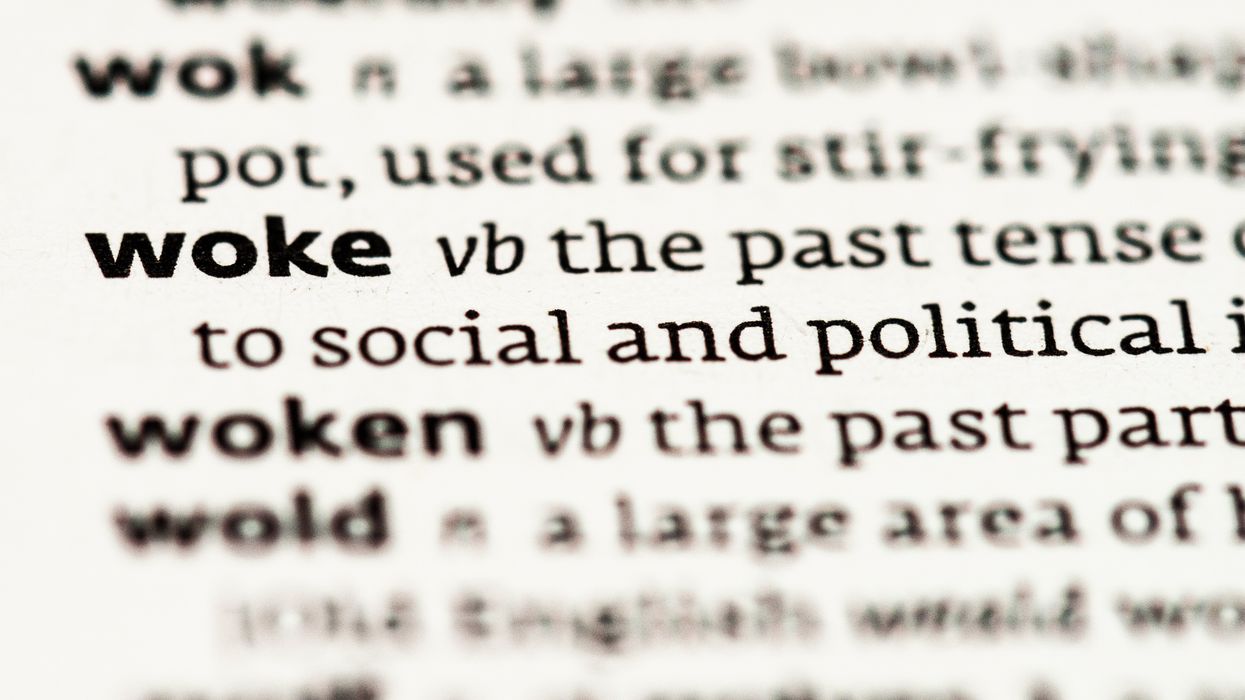Radwell is the author of “ American Schism: How the Two Enlightenments Hold the Secret to Healing Our Nation ” and serves on the Business Council at Business for America. This is the second entry in a 10-part series on the American schism.
In describing the American schism of 2024, I often point out the challenges to civilized and rational debate when the extreme ends of the political spectrum tend to drown out the frustrated majority – the 70 percent of citizens, either center right or center left, who believe that our current political discourse is counterproductive. The paradox is that this majority of Americans feels like it is in the minority because the voices on the edges scream the loudest and receive most of the media coverage.
It is vital to stress that the destructive propensity manifests at both ends of the political spectrum. While I often write about the perils of the antidemocratic and counter-Enlightenment inclinations on the far right, I also believe that the far left, indoctrinated into its own bubble, wreaks its own havoc when it comes to rational, open debate.
As Christopher Rufo discusses in “America’s Cultural Revolution,” the left-wing activist takeover of America’s college campuses has suppressed critical thinking and stifled open dialogue. In such environments, too often any deviation from the extreme left’s rigid doctrine of identity politics is deemed “dangerous.” Further, discourse that strays from the unyielding orthodoxy of politically correctness is even stamped as “violent speech” against which our young Americans need be wrapped in their protective cocoons (as Jonathan Haidt and Greg Lukianoff eloquently describe in “The Coddling of the American Mind ”).
It is truly astounding how words, especially in today’s politically charged milieu, take on a life of their own, quickly becoming partisan footballs tossed around with contempt and derision. Ten years ago, I interpreted the term “woke” to denote being aware of the history of power dynamics in our institutions. Whether related to race or gender, the richness of the woke perspective seemed helpful in uncovering other points of view. After all, as John Stuart Mill put the issue: “he who knows only his own side of the case, knows little of that.” So “wokeness” in my eyes signified a willingness to incorporate the viewpoints of those less “privileged” into the debate.
But this connotation itself somehow got twisted around the axle over the years. Perhaps this evolution of “woke” is best described by Susan Neiman in her book “Left Is Not Woke,” when she explains how the definition began with “concern for marginalized persons, and ends by reducing each to the prism of her marginalization.” The woke mind on the extreme left today has, much like osmosis, assimilated a Marcusian philosophy, which deems that any viewpoint straying from the orthodoxy must be silenced or in today’s vernacular “canceled.”
So what specifically is problematic with this interpretation? Neiman outlines three aspects of today’s “wokeness” phenomenon that resonate with me. She argues that today’s extreme left:
- Is obsessed with identity, relentlessly focusing on tribal affiliation to the neglect of recognizing the common humanity we all share. The prime focus of any discussion becomes the lens of identity or the intersection of multiple identities.
- Views all societal relations as a power struggle between these different tribes, and denies the notion of justice as distinct from power. By trading Rawls for Foucault, adherents of the extreme left abjure any notion of absolute justice and maintain that justice is merely what those in power say it is.
- Rejects the possibility of progress without a millerian overthrow of the institutions of contemporary society. According to this viewpoint, America is just as racist today as it has always been despite the radical de jure shift brought by the Reconstruction amendments, and the significant de facto progress since the civil rights movement.
I would argue that the entire spirit of the Enlightenment is antithetical to all three of these features of the contemporary worldview often adopted by the extreme left. In fact, indoctrination and orthodoxy are themes on both fringes. Analogous to the vicious demonization wielded by the extreme right against its opponents, the “elite” of the extreme left are categorically dismissive of their adversaries and display nothing but disdain for their enemies. Moreover, the purported goal of such movements on the left are anchored in a philosophy of “equality of outcomes” that has proven to have a disastrous track record when it comes to implementation. By comparison, the American version of “equality of access to opportunity” is far from perfect but has readily advanced human prosperity in recent centuries.
Figuring out how to live in an inclusive society undoubtedly requires incorporating diverse viewpoints. But too many of today’s woke leaders allow historical injustices to ensnare them in the rigidity of their own tribal identities, thereby forsaking the constructive dialogue required for social cohesion. As long as such leaders appropriate the intolerance page from the extreme right playbook, the only way forward is for the frustrated majority to wrestle back the gavel from the extremes on both the left and the right who are running the American political asylum.




















